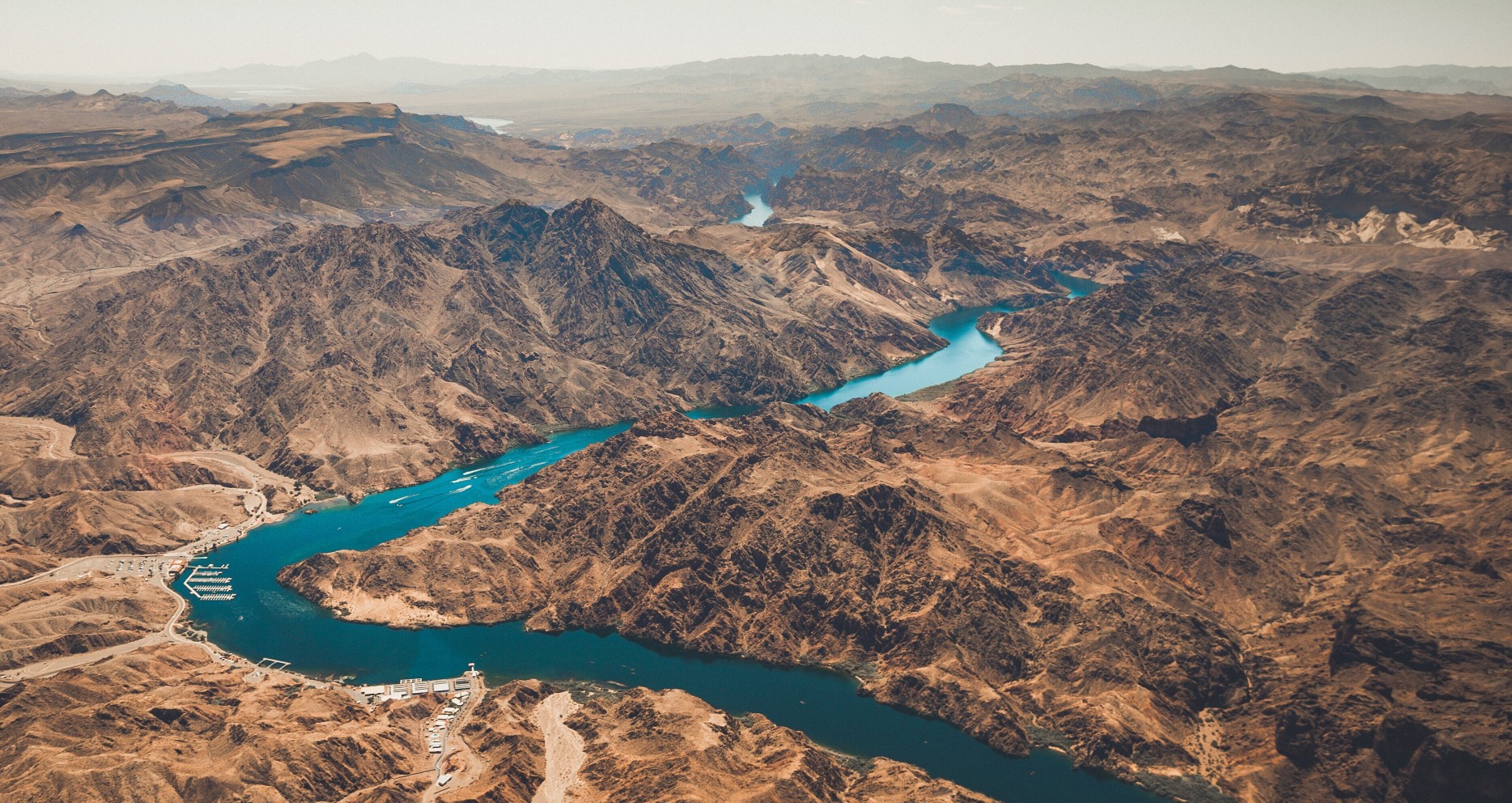The first Transboundary Freshwater Security Governance event for 2022 kicked off on 16 February and included 150 participants from around the world. They explored how the design of Transboundary Water Agreements may affect their performance, and the ‘key ingredients’ that should be considered when creating such agreements. They were also introduced to the Practical Guide for the Development of Agreements or Other Arrangements for Transboundary Water Cooperation published by the Water Convention.
“This Guide can help to support discussions, as well as look at different options in terms of what arrangements might work and what experiences could be learned,” said Alistair Rieu-Clarkefrom the School of Law, Northumbria University.
The session was co-organised by Global Water Partnership (GWP), the United Nations Economic Commission for Europe (UNECE), Northumbria University, and the Wuhan International Water Law Academy (IWLA). The online session reflected on Module 3 (International Water Law) of the Massive Open Online Course (MOOC) on Governance for Transboundary Freshwater Security.
Komlan Sangbana, Environmental Affairs Officerat UNECE, introduced the Guide. After a summary of itsformation, he highlighted that the focus of the Guide is on content and drafting options rather than on processes. He gave an overview of the Guide to help usersnavigatethrough its content. “We are truly at the beginning of developing this Guide. The implementation lies with the riparian states and partners, especially when it comes to the establishment of River Basin Organisations. We invite all stakeholders interested in collaborating to express your interest. The Guide is being developed primarily with a view to providing an overview ofexisting best practices and, in consultation with stakeholders, to be used as an easily accessible online resource.”
Interested basin practitioners are encouraged to fill in the survey or contact the UNECE Practical Guide team via email: water.convention@un.org
Mara Tignino, Reader at the Faculty of Law at the University of Geneva and Lead Legal Specialist of the Platform for International Water Law at the Geneva Water Hub, commented:“We had an exchange on how to support states in the process of ratification of water agreements and the role of civil society.” As one of the drafters and editors of the Practical Guide, she summarised the purpose of the negotiation of international agreements, their form, as well as the fundamental elements of such agreements.
As an example, Niokhor Ndour, Director of Resource Management and Planning atthe Ministry of Water and Sanitation for the Government of Senegal, talked about the Senegal and Gambia River Basins where water scarcity was the main driver of cooperation between the riparian states. The result of these efforts was the creation of an international agreement. “We need to try to extend the cooperation to new basins; let's look at how to globalise the Water Convention and use occasions such as World Water Day to stress the importance of transboundary cooperation.”
Phani Dascalapoulou-Livada, anindependent International Law Expert, introduced the background of the 2010 Agreement on the Protection and Development of the Prespa Park Area. She highlighted that the principles of the Water Convention were reflected in the agreement. Furthermore, what is unique is its multilateral character, as the EU is also the contracting party.
Alexandros Kolliopoulos,from the Legal Department of the Ministry of Foreign Affairs in Greece, co-presented the case and emphasised the crucial role of mechanisms of cooperation, saying: “Rich mechanisms which are open to stakeholders and local people provide a guarantee that…there will be better implementationata local level.”
During the panel discussion, speakers shared their opinions on the key ingredients of international agreements. Niokhor Ndour mentioned solidarity and dialogue between parties as the key aspect of the negotiation of international agreements. On the other hand, PhaniDascalapoulou-Livada said that first, the negotiation must be done in good faith. Second, knowledge of International Water Law is needed. Third, there are two basic principles that should be respected: the principle of equitable and reasonable use and the no-harm principle.
The main session was followed by breakout room discussions where participants were able toask speakers questions and discuss topics in more depth.
At the end of the session, the moderator Yumiko Yasuda, Senior Network and Transboundary Water Cooperation Specialist at GWP, invited all who are interested in learning moreabout transboundary issues to enrol in the MOOC.
Next event
GWP announced its plan to develop a Transboundary Knowledge Exchange Hub and also released the dates of two Focus Group Discussions to understand user needs.
1. Focus Group Discussion: 3 March - Register here
2. Focus Group Discussion: 7 March - Register here

